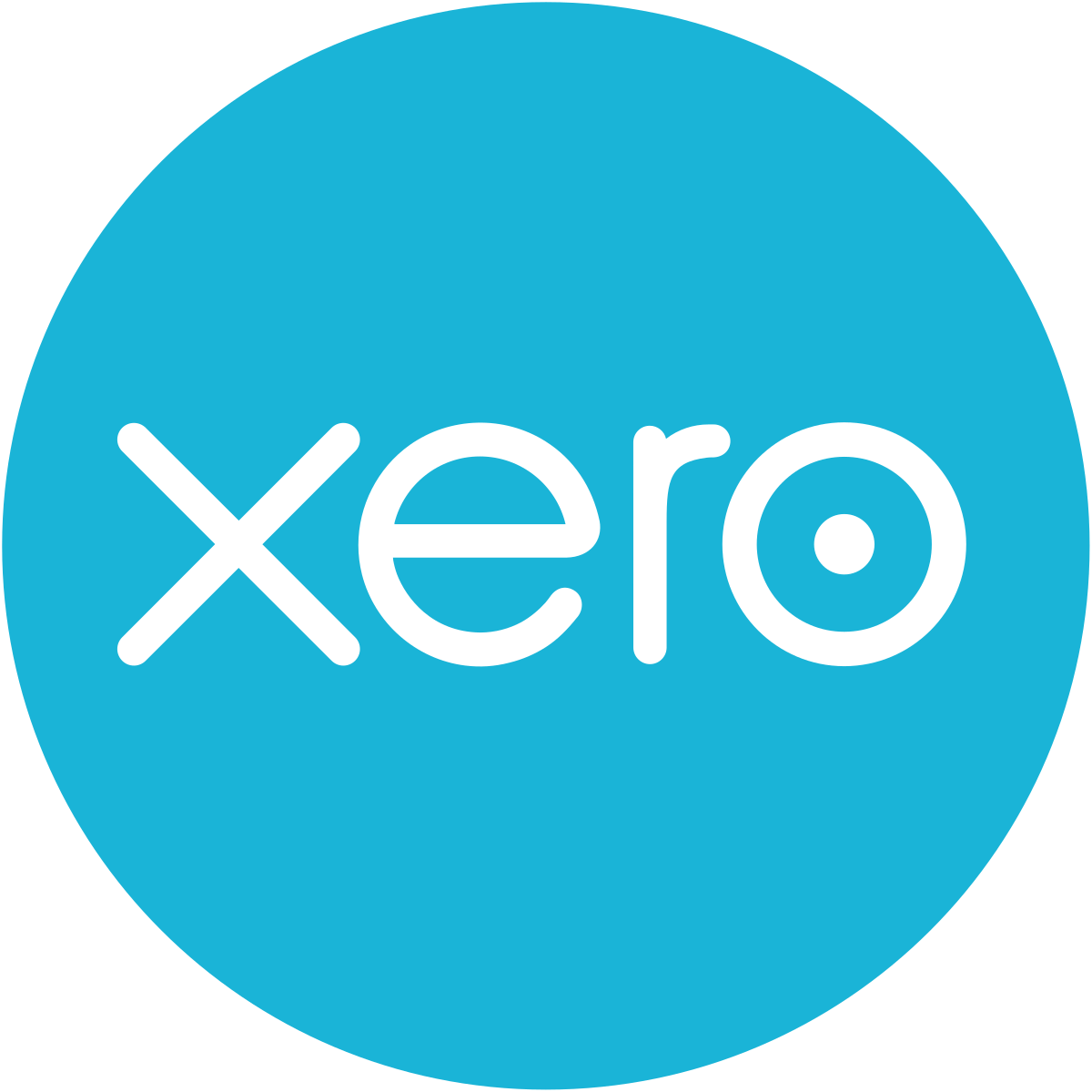Business owners across the UK are unsure if they should pay rental VAT on their residential properties and commercial buildings.
In today’s article, we’ll make sure you understand when you should be paying VAT on your rentals and where you can avoid paying more than you need to.
Understanding VAT
Value Added Tax (VAT) is added to many taxable supplies and goods in the UK.
When you exceed the VAT registration threshold of £85,000 turnover in a 12-month period, you must register for VAT with HMRC. And if you’re under the threshold, you can also choose voluntary VAT registration.
Once you’ve registered, additional responsibilities include collecting VAT, filing VAT returns, and paying your VAT bill.
Depending on your business activity, different VAT rates may apply:
- 20% — standard rate of VAT
- 5% — reduced rate
- 0% — zero rated
Some goods are also VAT exempt.
When do I not pay VAT?
Property sales, rentals, and leases are generally exempt from VAT – although there are many exceptions. There are pros and cons to being exempt.
If your business activity is exempt from VAT, you won’t have to charge your tenants VAT if you’re a landlord, for example — so you’ll be more competitive in an expensive market.
But you won’t be able to recover any VAT from costs — this is something many landlords look for, so it’s worth bearing in mind.
Commercial property
If you buy a new-build commercial property, you’ll have to pay VAT on the full purchase price. You may have to pay VAT on an existing property. Rents on commercial premises are exempt from VAT (provided that you do not provide a service) unless you make an election to op to tax.
If your tenant is registered for VAT and makes only standard-rated supplies, then there is no loss to them (other than cash flow) if they have to pay VAT on the rent you charge.
You can then claim this VAT along with any expenses which you incur.
If your tenant is not VAT registered or makes exempt supplies, this may influence your decision.
Residential property
Residential property rent is generally exempt from VAT. When renting out a residential property, it typically involves a straightforward agreement between the landlord and the tenant, often managed by a letting agency.
If the landlord solely operates in the residential property rental business and has no other business activities, they are not eligible to register for VAT. Consequently, no VAT should be added to the rent payment.
However, some buy-to-let landlords may have opportunities to recover VAT costs associated with property improvements, such as decorating the property.
To do so, as a property owner, you must own another business that is VAT registered. The residential property rental business and the other VAT-registered business would then share the same VAT registration. Under this setup, certain costs, like agency fees and refurbishments, may be eligible for recovery under HMRC’s VAT de minimis rule.
It’s crucial for landlords to be cautious when attempting to recover VAT on buy-to-let property rental income. If uncertain about the process, consider seeking professional advice from an accountant. Doing so could lead to a significant VAT recovery in some cases.
Speak to a professional
Talking to a professional is the best way to ascertain whether or not you should be paying rental VAT tax.
Every business situation is unique, so by chatting with an expert you’re getting the best answer to your specific problem.
Get in touch with us today to talk about your rental VAT.

